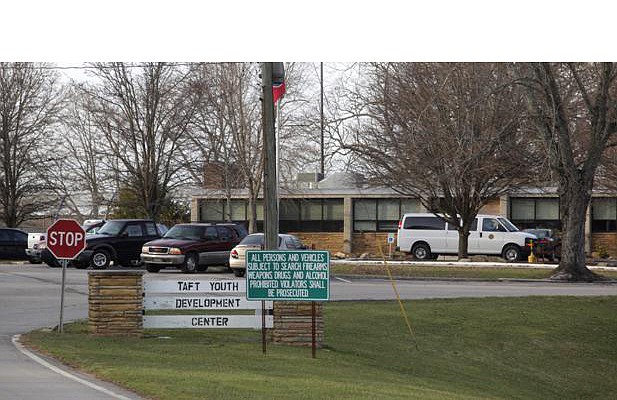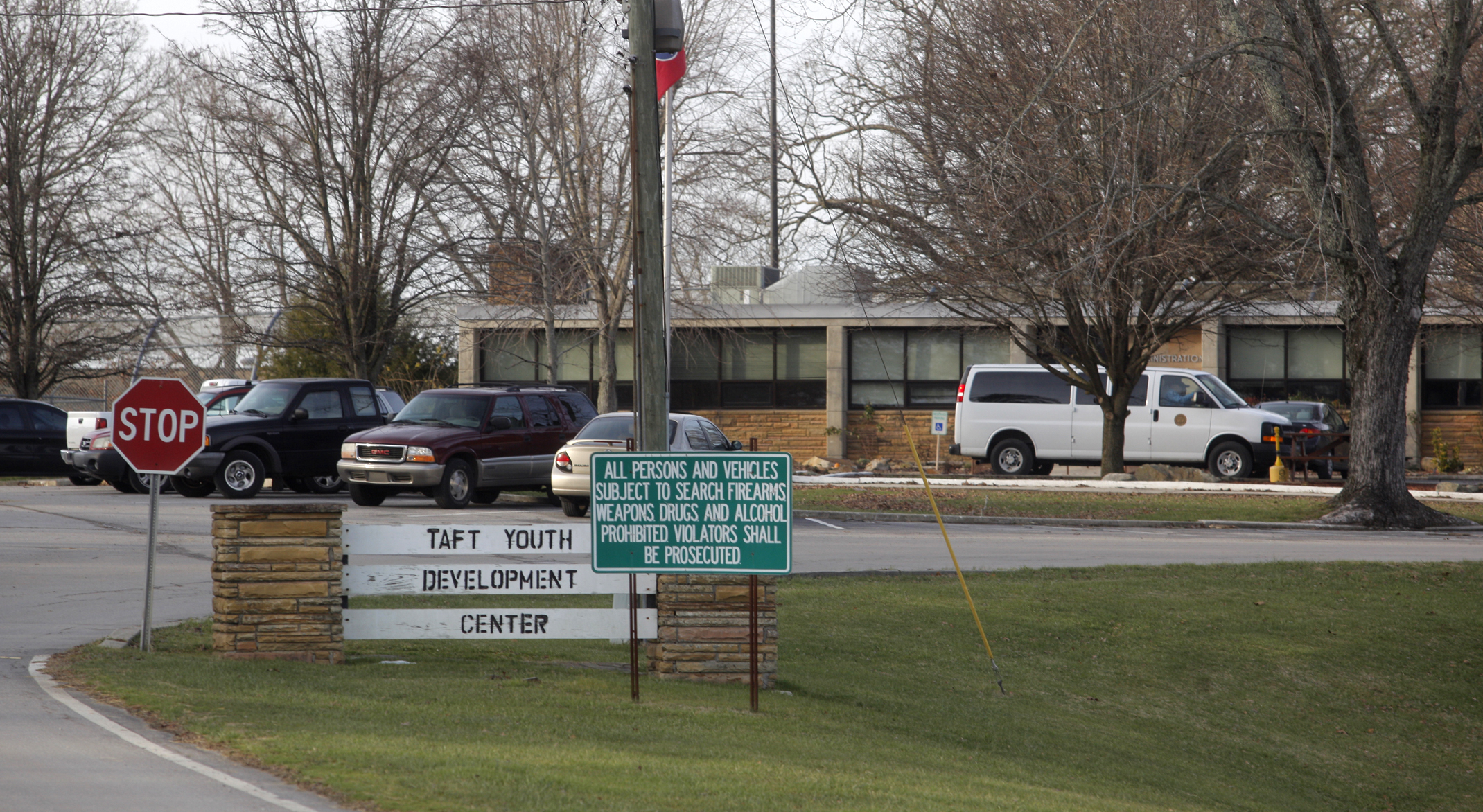Counties housing Taft Youth Development Center teens
Friday, January 1, 1904
NASHVILLE -- State efforts to close down Taft Youth Development Center and transfer some of Tennessee's toughest teen offenders to other state facilities are creating a flow of delinquents into some county lockups, several officials say.
"All I'm hearing is the detention centers are holding them until there's an opening [at state facilities] and it's piling up and bottlenecking," said Rep. Jim Cobb, R-Spring City, who was among area lawmakers opposed to closing the 95-year-old center in Bledsoe County.
Department of Children's Services spokeswoman Molly Sudderth denied in an email that there are problems related to shuttering Taft. It houses offenders ages 16 to 19 with at least three prior felony convictions, or those convicted of violent crimes or who have proven difficult to manage in other state facilities.
"We aim to place all Youth Development Center-eligible youth within 30 days of their commitment," Sudderth said in the email. "On June 14, 2012, the average length of stay for a youth waiting in detention before being placed in a Youth Development Center was 14 days."
A year ago, it was 22 days, she said.
Area lawmakers also pointed out that the final closure has been delayed from July 1, the start of the new budget year, to July 13. But Sudderth said, "We would argue that there is no delay."
Noting that Gov. Bill Haslam signed the 2012-13 appropriations bill that zeroes out Taft's funding, less than a month ago, Sudderth said it included money to "wind down" Taft operations past July 1 "if necessary."
Taft employees were certainly under the impression the facility was closing July 1. Workers on Friday held an event to commemorate "the end of an era of excellence," according to a flier.
"Due to legislative budget cuts, Taft was officially supposed to close its doors as a Juvenile Justice facility on June 30, 2012," the flier said. "The date has been delayed but we plan to go ahead with the ceremony."
They did, handing out awards to employees with service ranging from five to 35 years.
Children's Services Commissioner Kathryn O'Day recommended closing Taft, the most costly of the state's five youth development centers. Given Gov. Bill Haslam's directive to reduce overall state spending by 2 percent and other factors, it was the logical choice. She said its 80-plus inmates easily could be held at other centers. State officials said the move would save about $8.5 million.
Supporters vehemently disagreed, saying the facility is known for helping the "worst of the worst" teens to turn their lives around.
A number of former Taft students came forward publicly to say the facility did put them on a better life path.
As of June 13, 37 students remained, Sudderth said. She noted that not all students are in the "intensive treatment program" for "challenging youth."
And other centers have "special units" capable of handling them, she said.
Impact elsewhere
Richard Bean, superintendent of Knox County's Richard L. Bean Juvenile Detention Center, said the state has been sending more teens there since Taft's closure began. The state contracts with Knox County to hold delinquent juveniles.
"We had very few state kids, three or four [before]; you stay a few days," Bean said Friday. "We've been running 30 a day ... but we're down now to 22 state kids. They don't have anywhere to put the kids."
He noted that many counties, including Hamilton, don't contract with the state. In his immediate area, he said, "we're the only guy in town."
"They call and say, 'Can you hold this kid until we find him a bed" either in a detention center or a foster home or group home. "As soon as they have an opening, they come get them."
Bean said the state pays $132.88 per day per teen, but he doesn't want to take in more than 25 at a time.
"They're sending the good ones to someone else and the mean ones to me," he said.
Davidson County Juvenile Court Judge Betty Adams Green said Saturday that it's taking longer for state officials to pick up some of the teens she sentences.
"They're staying a long time," said Green, who was commissioner of the Department of Youth Development, DCS' predecessor, back in the 1990s.
Green said two teens she knows of are "well beyond 30 days." She didn't know if they are headed for a youth center or other care, but said if the state is prioritizing those destined for the centers, "what about the ones who aren't getting out because the others are getting preference?"
Green, a fan of Taft, said most local detention centers don't provide the treatment services many of the youths need. Davidson County does, she added.
The state already has changed one of its plans. Originally, officials said they would rehabilitate the existing New Visions Development Center in Nashville, which now holds girls, for boys. That would have required spending money to make it more secure.
But while sidestepping a reporter's question regarding reports that a Department of Correction study stated the center could not be made secure enough, Sudderth acknowledged the state now plans to use an already secure, self-contained unit at the adjacent Woodland Hills facility for males.
Upgrades will cost about $19,000, and the unit is expected to be ready by July 9, she said.
Sudderth said the department has 456 beds now and will gain 20 in the coming year.
She said the total in-house population last week was 382.

